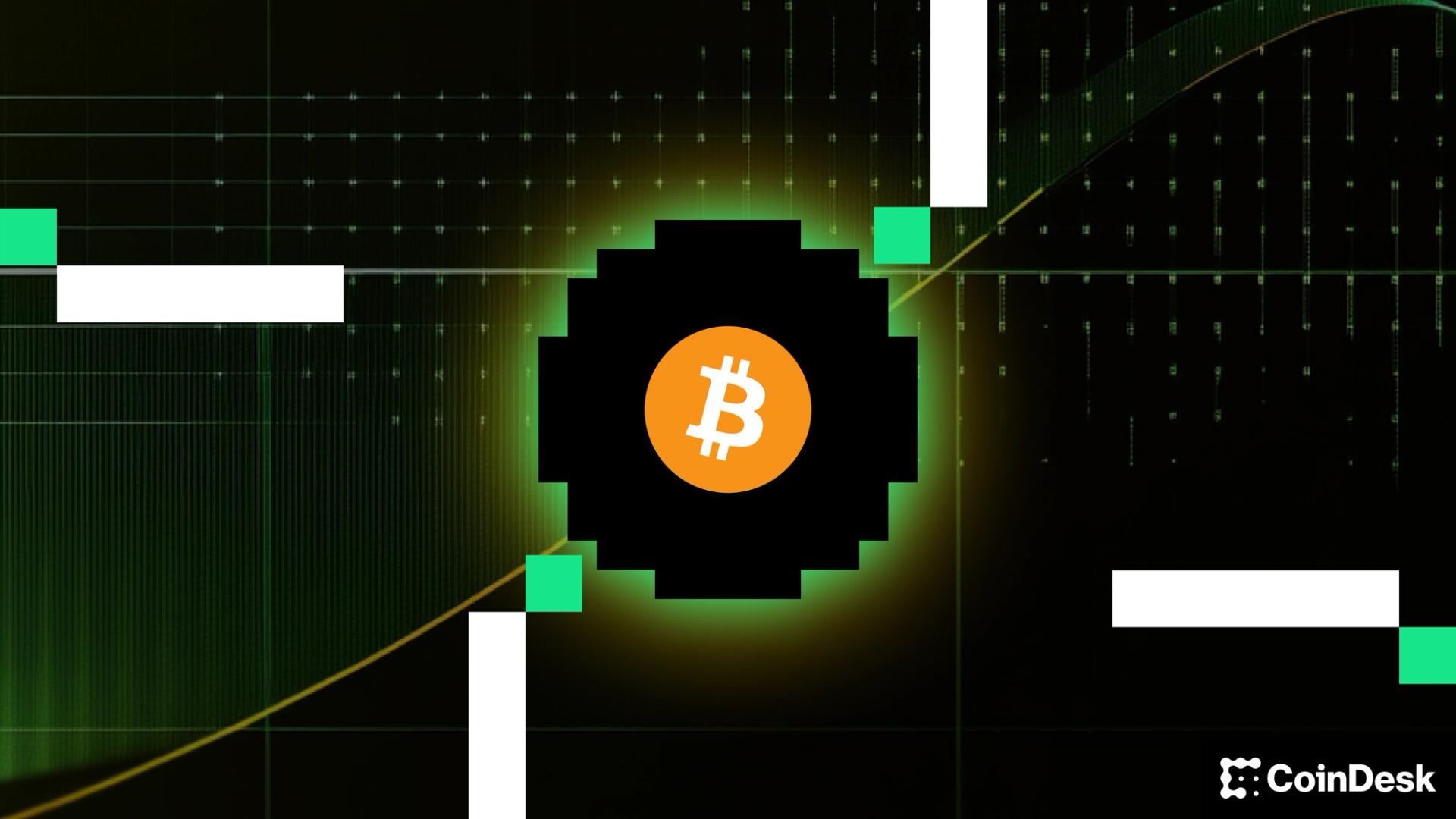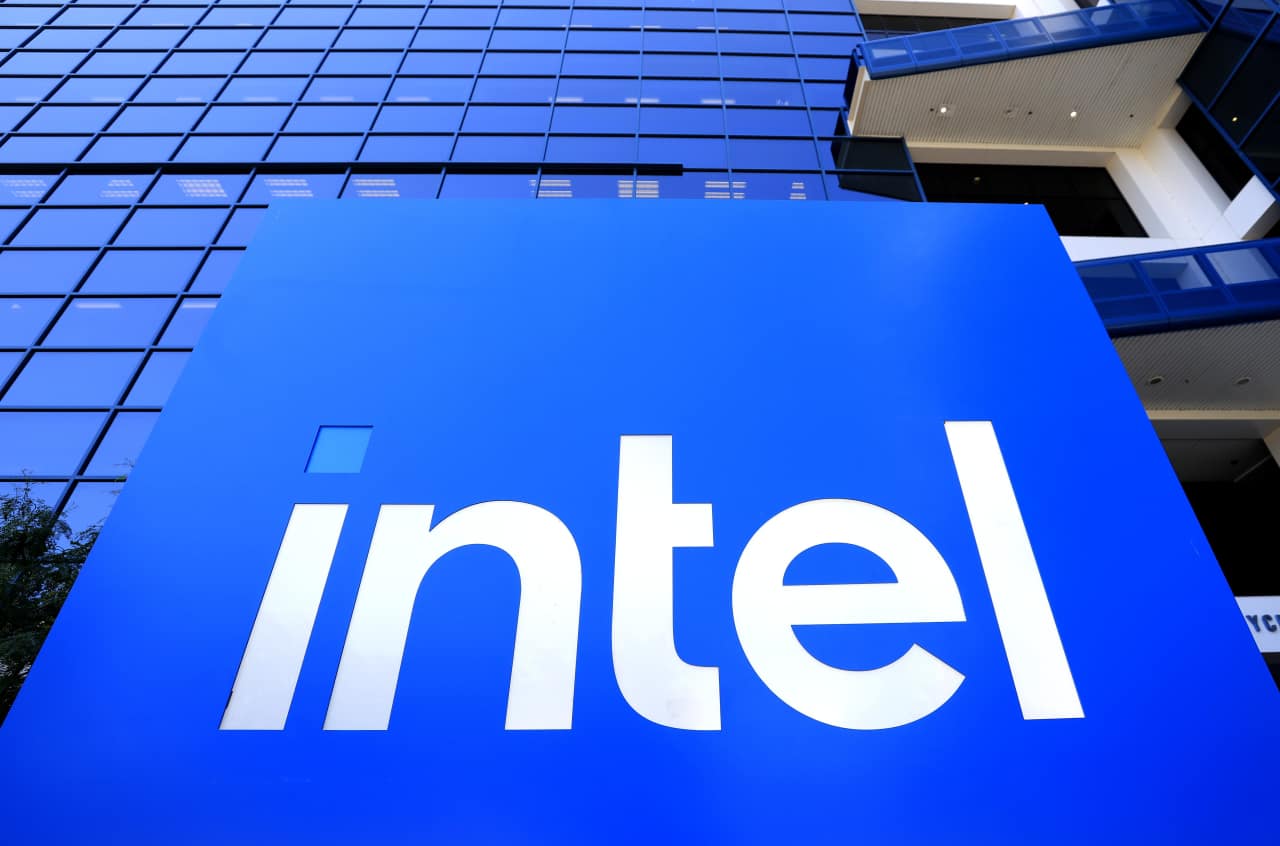The U.S. Senate's work on the crypto industry's top policy priority — a bill to establish the regulatory workings of crypto markets in the U.S. — advanced further on Friday with the private circulation of a new draft bill that further outlines protections for crypto developers and bankruptcy guidelines for some digital asset issuers.
Despite the big lobbying win this year in which the U.S. House of Representatives passed the Digital Asset Market Clarity Act that represents one approach to setting crypto market structure, the House's work has represented only a broad jumping-off point for the Senate, which is pursuing its own version that is expected to take the lead as the policy most likely to be enacted.The much lengthier new version obtained by CoinDesk would establish legal protections for those "developing, publishing, constituting, administering, maintaining or otherwise distributing" a distributed ledger system or a "decentralized finance messaging system." The new draft also includes a section on bankruptcy, amending existing law to account for "ancillary assets" and clarifying that during bankruptcy procedures, ancillary assets and digital commodities should be treated as customer property.
Though the bill is now circulating, it's not yet clear whether this version pushed by key Republicans in the Senate Banking Committee will win support from their Democratic counterparts, or from the Senate Agriculture Committee that also must get behind the legislative effort.
While the House's Clarity Act did clear its 308-122 vote with very wide bipartisan support, the Senate's requirement for 60 votes puts a higher technical demand on Republican leaders there to win several Democrat votes. When the Senate's previous major crypto undertaking, the Guiding and Establishing National Innovation for U.S. Stablecoins (GENIUS) Act, arrived for House consideration, President Donald Trump urged that chamber to pass it as-is rather than putting its own stamp on the language.
That's what happened, with the Senate's take on stablecoins becoming law, marking the biggest U.S. policy accomplishment for the industry so far.
Though the two chambers' separate market-structure efforts are broadly similar, some significant differences have emerged, including in how a crypto asset can transition from a security to a commodity. That's one of the core questions as the center of the legislation, working out which agency may have oversight authority for specific approaches to digital assets. Uncertainty remains over the timing of the Senate's work. Trump had originally said he wanted it done by August — a deadline that is now in the rearview. Senate Banking Committee Chairman Tim Scott, a South Carolina Republican, had later set a Sept. 30 target and repeatedly claimed it could be met. While Senator Cynthia Lummis, the Wyoming Republican who runs the panel's crypto subcommittee, had agreed with Scott's plan, she later said Trump can sign it by Thanksgiving.
The Senate has this week returned from its August break. Congress faces a full plate with budget demands and other matters, but crypto has remained among its leading priorities — and the one that's consistently drawing major support from both parties. Before now, the Senate Banking Committee had first released some broad priorities for the market structure bill, held a hearing on the topic and then put out a discussion draft in July to gather thoughts from interested parties.
This latest, full version of the bill represents another step toward passage. It could next get what's known as a markup hearing in which senators may be permitted to amend the legislation, then a Senate floor vote in which it'll need 60 votes to advance. To win Democratic backing, this version would almost certainly be further revised with those lawmakers' proposals.
Before any bill can become a law, matching legislation must pass both the Senate and House. So, if this bill eventually clears the Senate, the House then gets its vote, and judging by the margin by which the Clarity Act passed, it's likely to clear that hurdle easily.

 5 months ago
280
5 months ago
280













 English (US) ·
English (US) ·